
A show about relationships with the land
There are many ways to listen to the show: Listen live on CFRU 93.3 fm broadcasting from the University of Guelph Mondays at 6pm EST or listen to the podcast via Spotify, Apple, or just follow the rss feed.
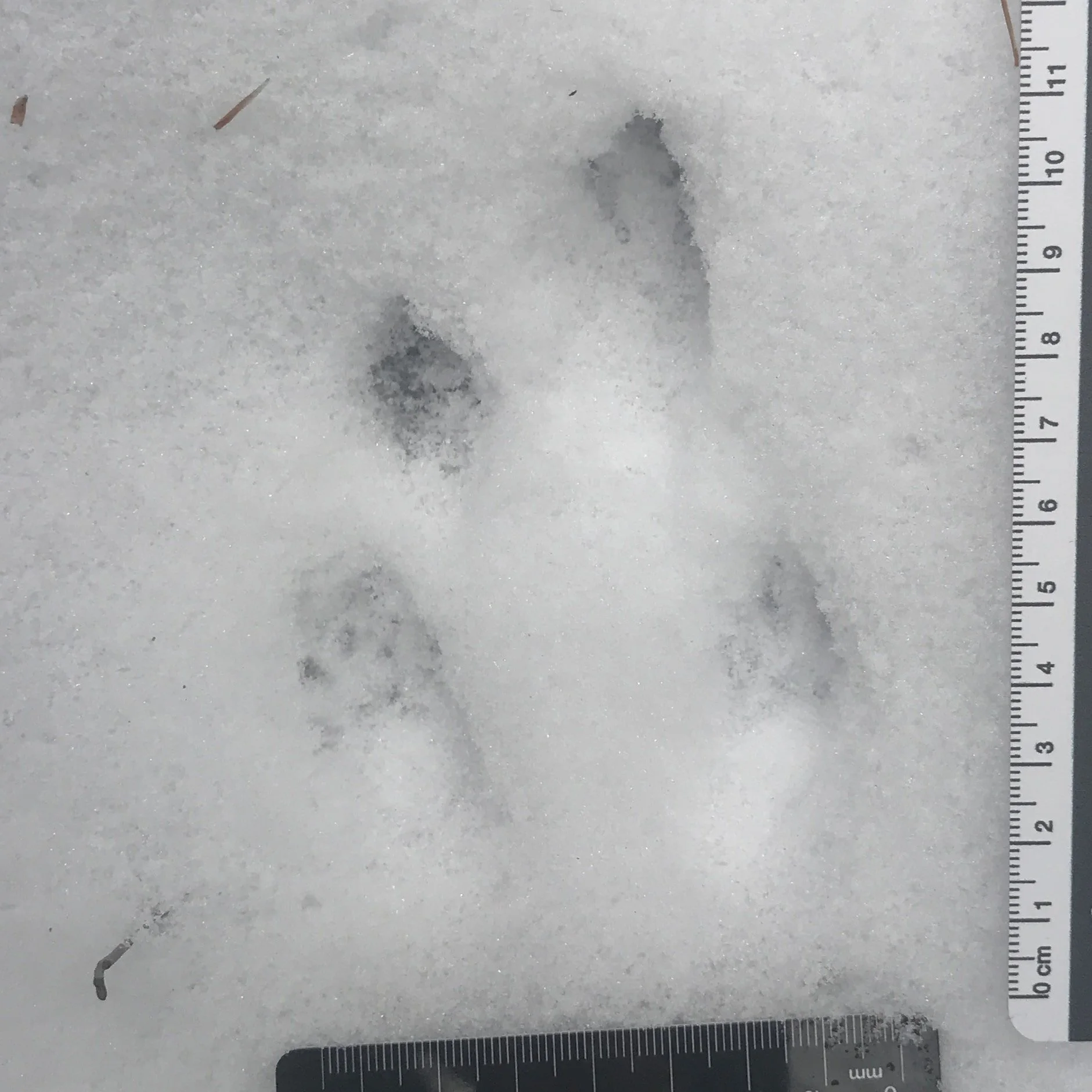
Ep. 278 : Getting to know Southern Flying Squirrels
While out tracking in the new snow the other day I came across some relatively small tracks, reminiscent of a Chipmunk. It took a second before I recognized them as Southern Flying Squirrel tracks.
I have been encountering Southern Flying Squirrels in various ways for a few years, including tracks, scat, feeding sign, live sightings, and I even pet one once, but through all of this, I didn’t know much about them. Hence, inspired by my recent tracking outing, I figured I would take some time to get to know the Southern Flying Squirrel a little better. Hopefully we can learn a little more together.
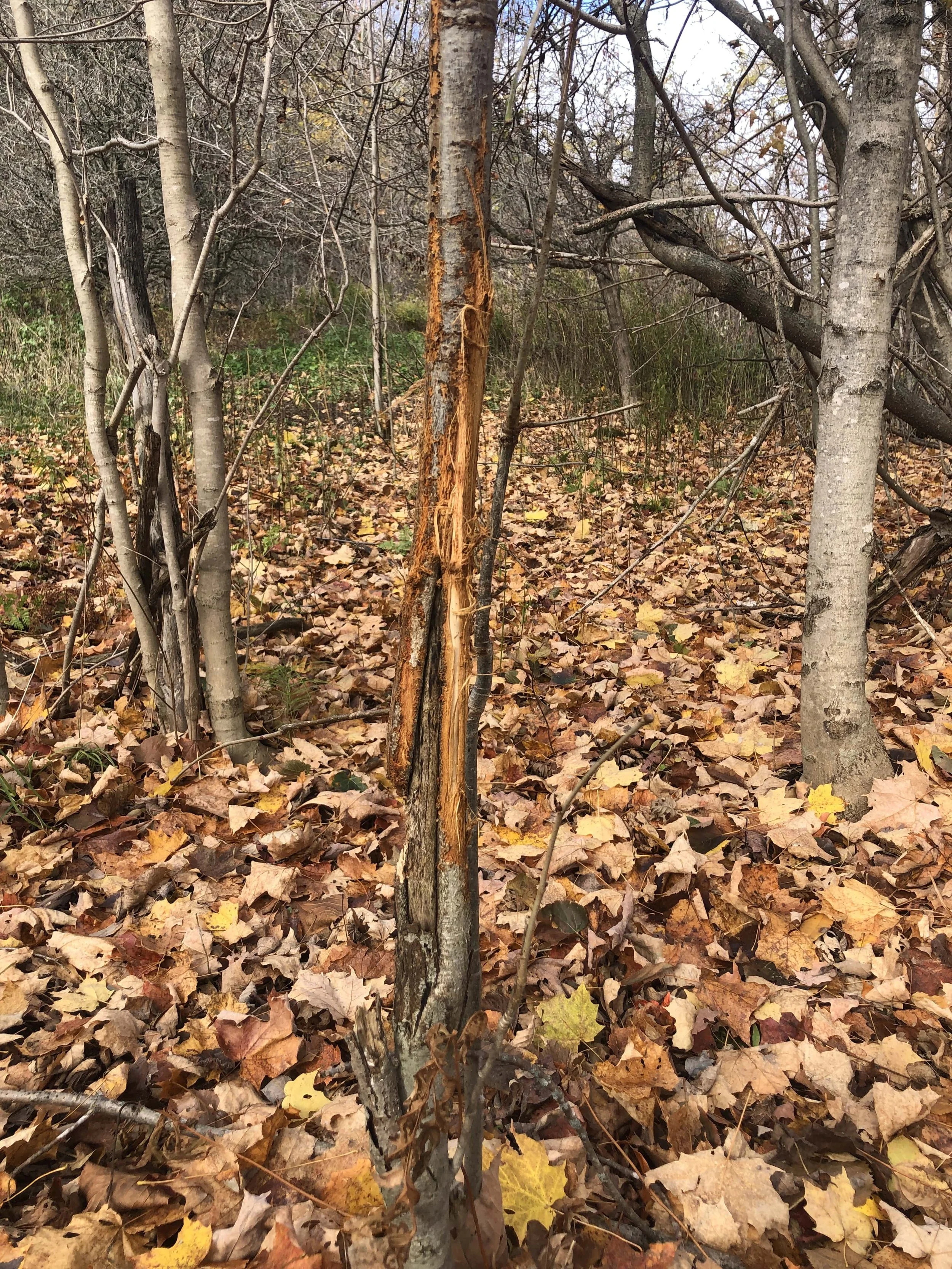
Ep. 277 : Signs of the White-tailed Deer Rut
While tracking White-tailed Deer at Mono Cliffs with the Earth Tracks apprenticeship, we saw lots of signs of the rut and the subtle ways deer communicate. We studied three main signs: scrapes, rubs and lick branches. Together, these clues form a multisensory language of scent, sight, and even ultraviolet signals that share details of identity, territory, and mating readiness. These clues along the trail are a real insight into how deer express themselves across the landscape in ways most of us overlook.
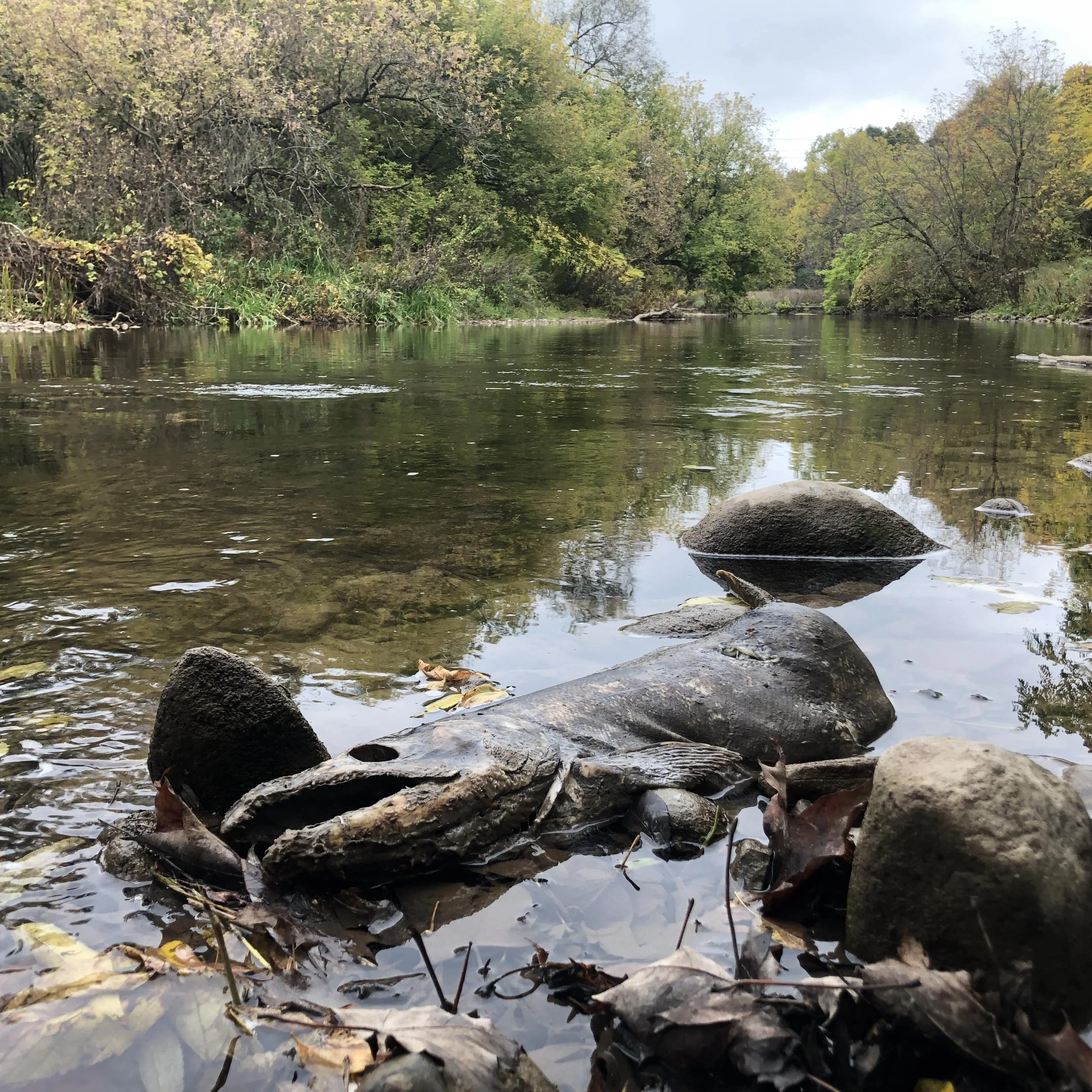
Ep. 276 : Chinook Salmon along the Credit River
I have missed a few of the notable migrations this year; Salamanders, raptors, and until yesterday, the Chinook Salmon. The salmon are a unique one on this list for me though, special in a strange kind of way.
This episode was recorded along the banks of the Credit River, a river which has shaped me deeply and set me on a course I am wading my way through.
I am unfathomably grateful for the salmon and for the river for sharing so much with me and helping to shape this episode.
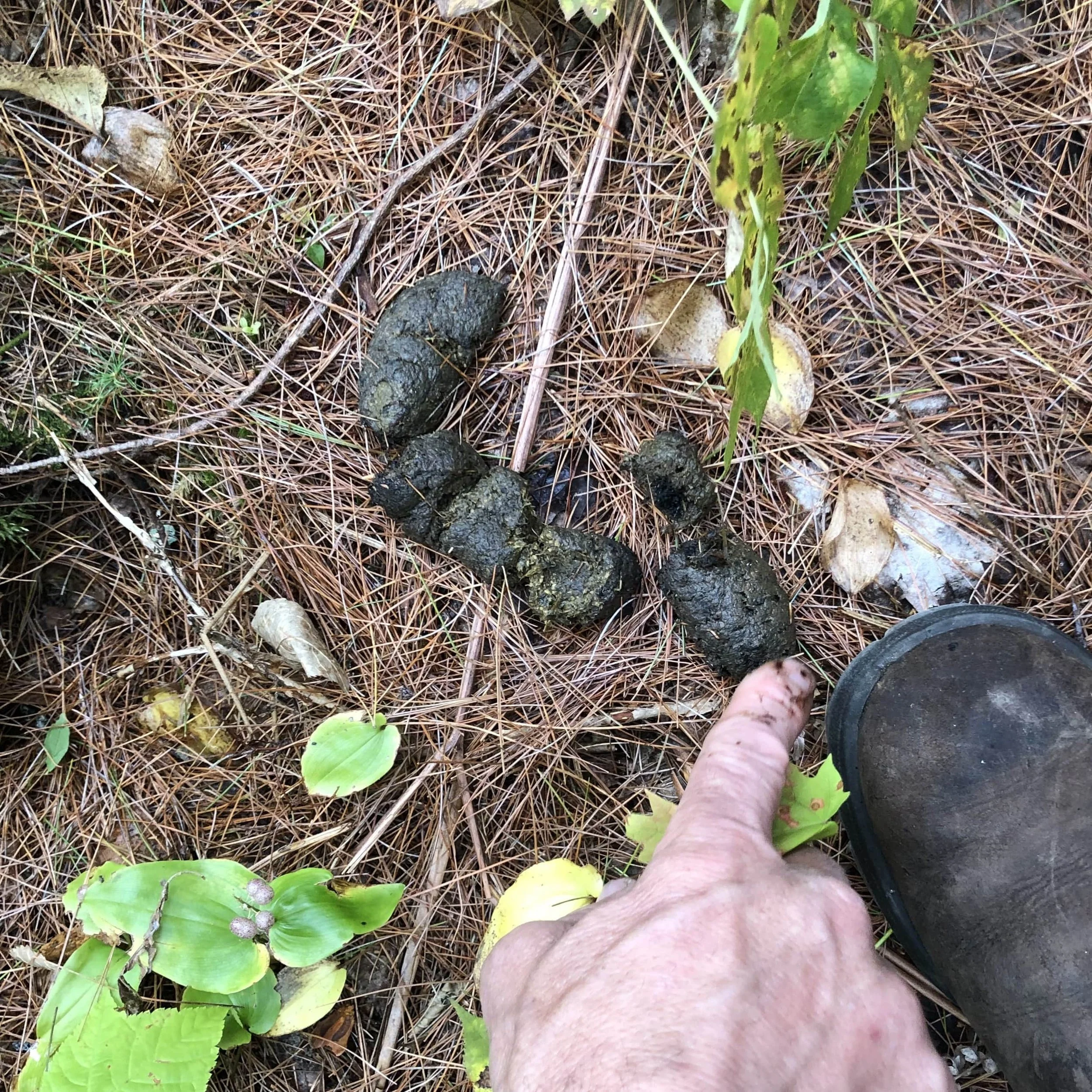
Ep. 275 : Once Upon a Black Bear Scat
It isn’t often that I get to see bear scat down here in Guelph, but in Parry Sound, there are many Black Bears, and while visiting the Sound for a trailing workshop, we came across some of their scat.
Even if we don’t get to see the bear, their scat was plenty enough to get me thinking about the plants their consuming, how their digestion works, and how their being themselves impacts and plays with the land they make up and inhabit.
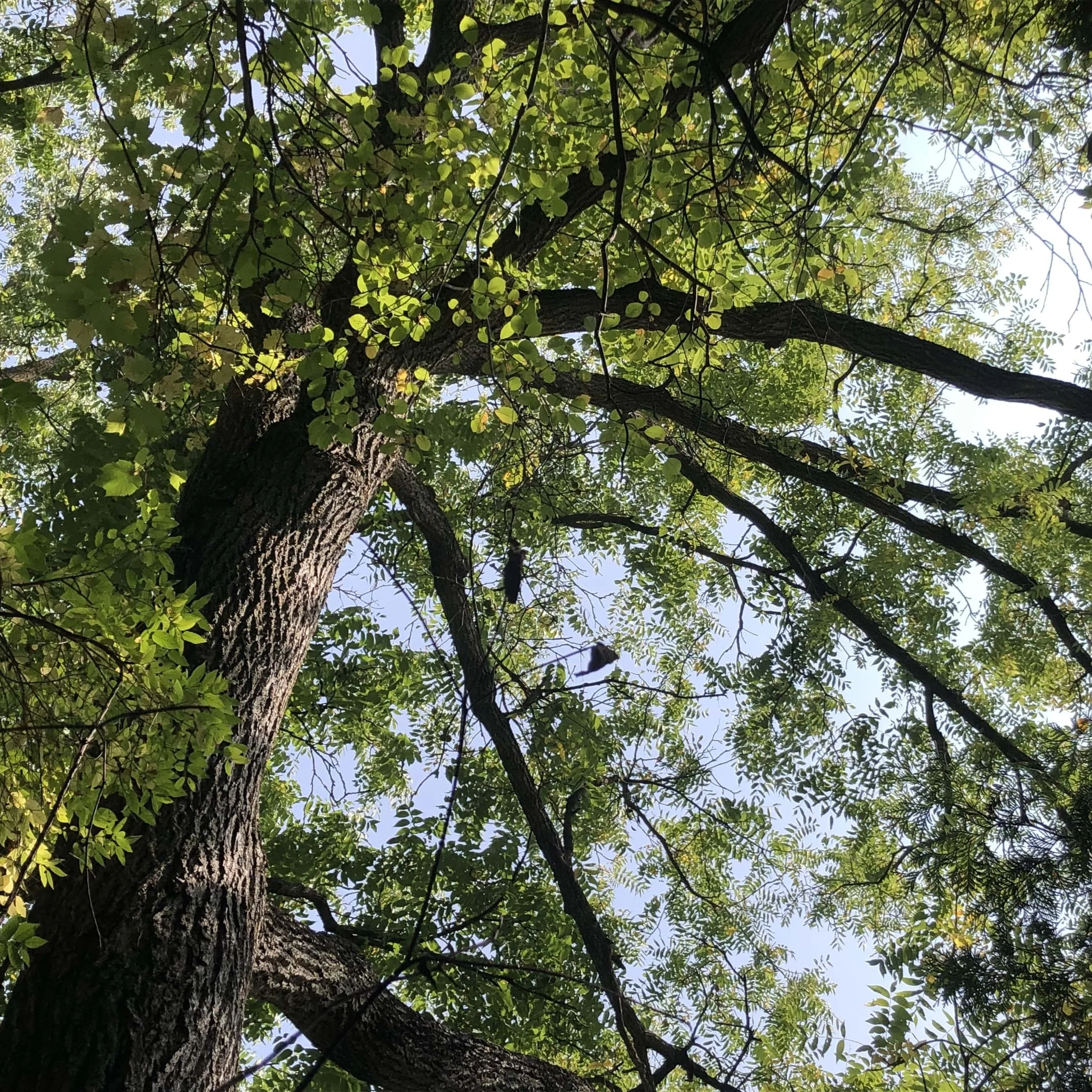
Ep. 274 : Black Walnut, again.
Slowly colonizing the sunlit fields and edges, home to all sorts of creatures both large and small, these towering monuments tell of the abundance of the land. Black Walnuts are amazing allies in healing, mentors in boundaries, relative buffet in mast years, and year round marker of beauty. Who doesn’t want to sing their praises! Maybe by the end of the show, you’ll love them a little more too?
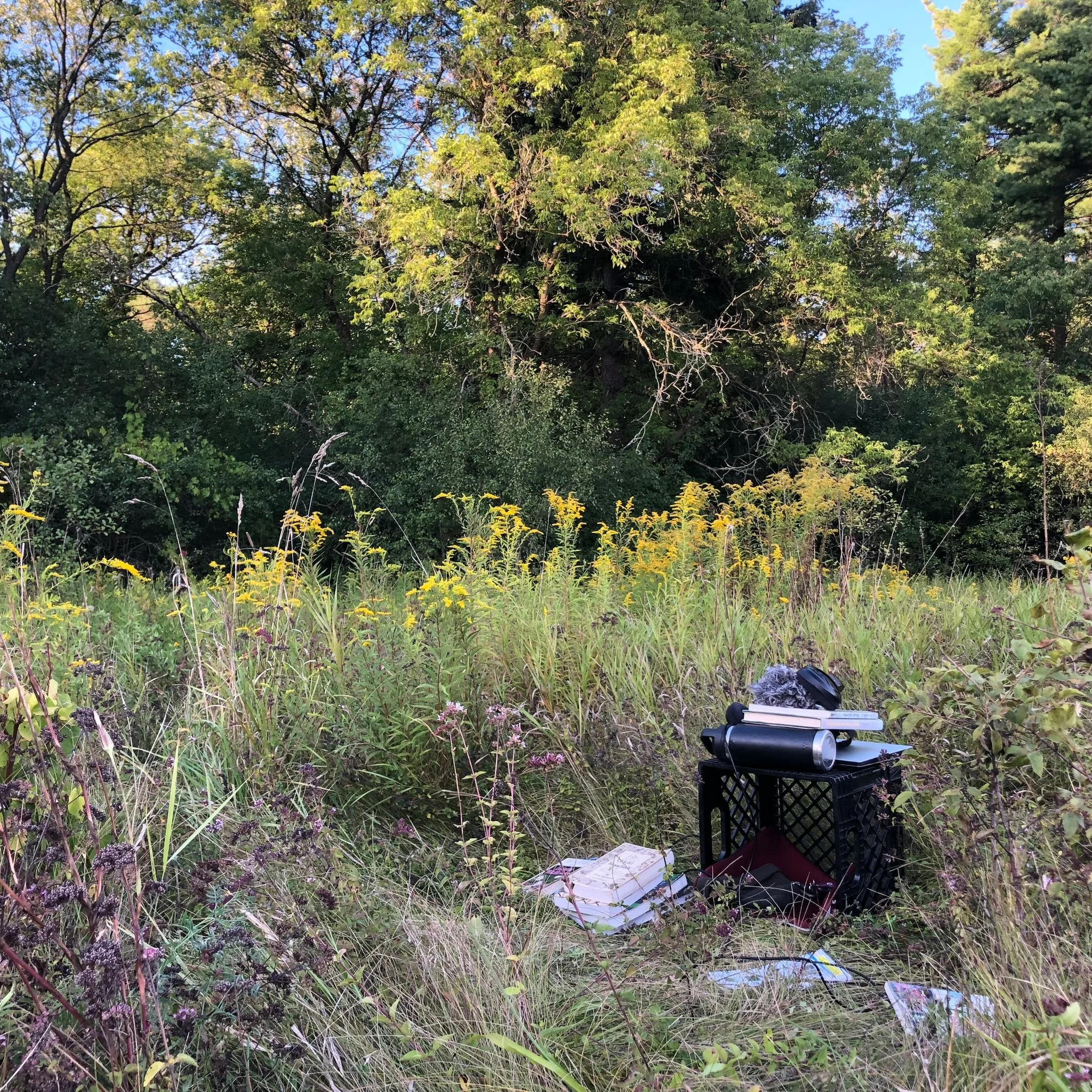
Ep. 273 : Canada Goldenrod
Over the years I have investigated Goldenrod on different levels, from the technical and scientific to the intuitive and relational. Both vantage points have served in getting to know these amazing and powerful plants better. I decided to head out with a makeshift milk crate studio to sit with the Goldenrod, Bumblebees and Crickets and make a show together. I hope this helps shed a warm golden glow on these essential components of the Great Lakes bioregion.
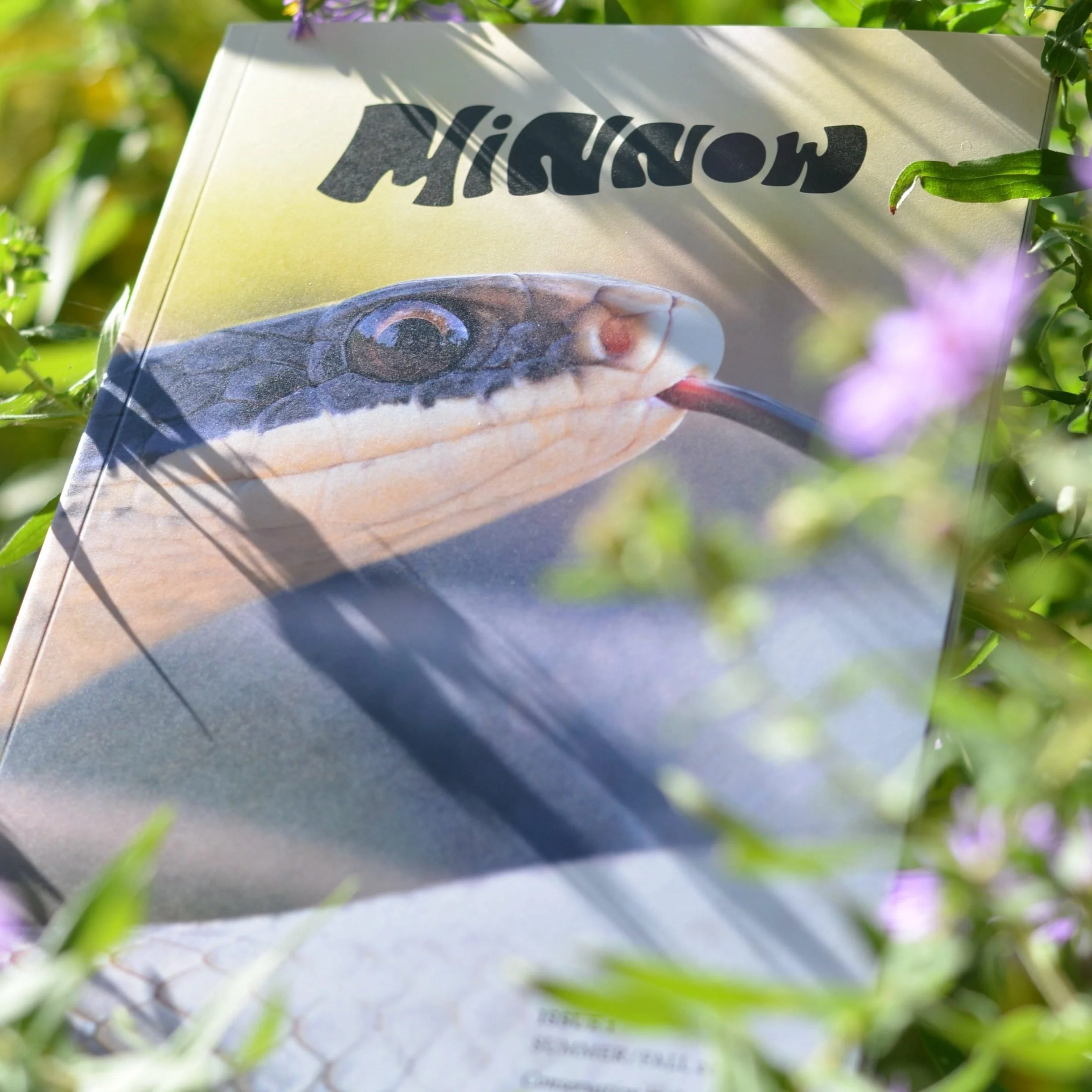
Ep. 272 : Minnow Magazine
Sisters Alex and Tasha Sawatzky’s knowledge of and growing appreciation for the land they lived on was tangible and real, so how could they tell the stories of the species they were coming to know and love, while also countering the dread of our modern world? They decided to start Minnow, a magazine about ecology, conservation and all sorts of species we share a home with.
I had to do an interview to learn more.
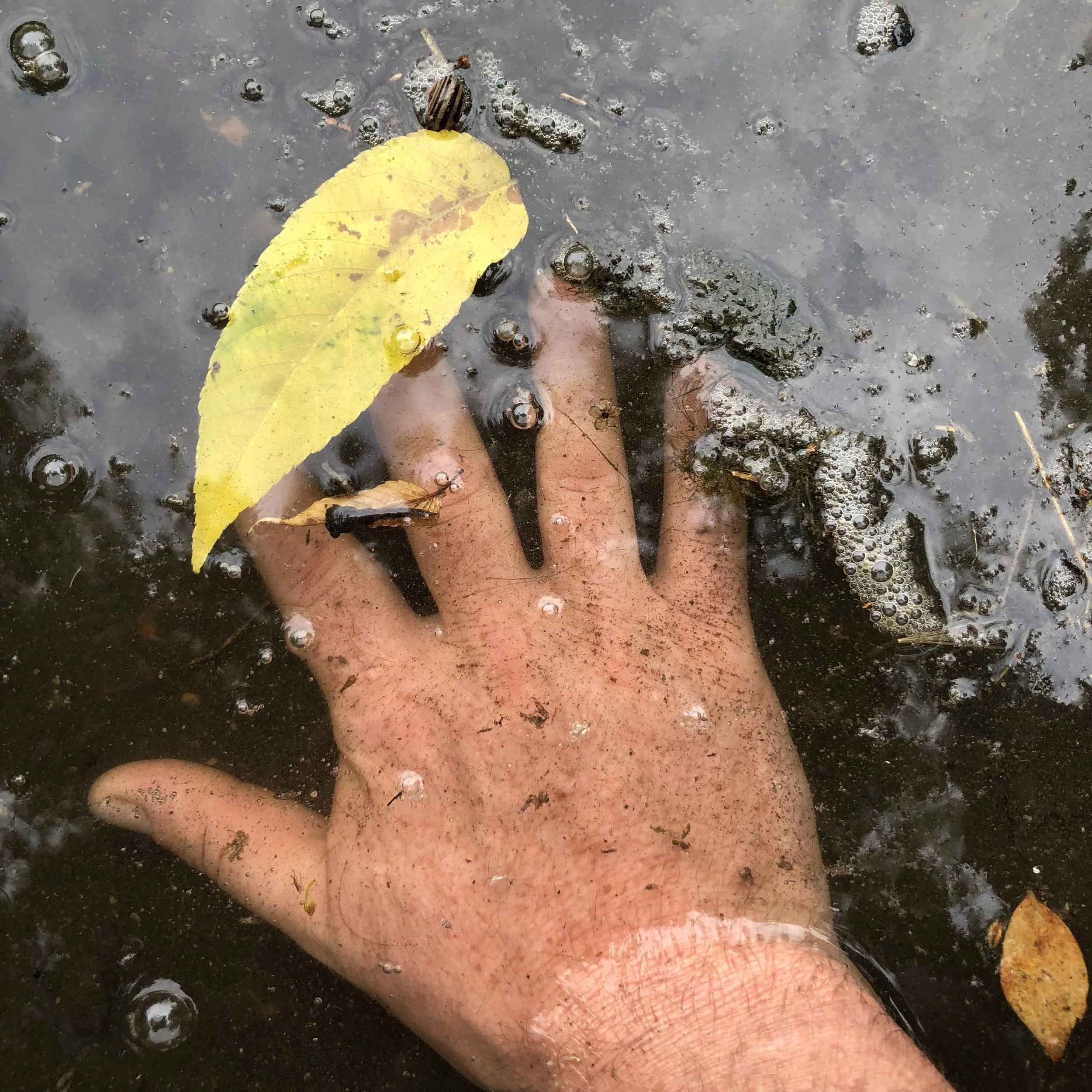
Ep. 271 : Sensual Engagement With the Land
Many of us have cut ourselves off from the natural world by “gating” our senses, only using what is needed to navigate an urbanized, mechanical, constructed and conditioned environment, and we end up isolating ourselves, and leaving the more than human world behind. In times of ecological, political, and climate horror, I wonder at how we can remain connected with the wilder places we love? How do we engage with the land with all of our bodies and minds, working and practicing the sensual gifts we have inherited from millions of years of evolution?
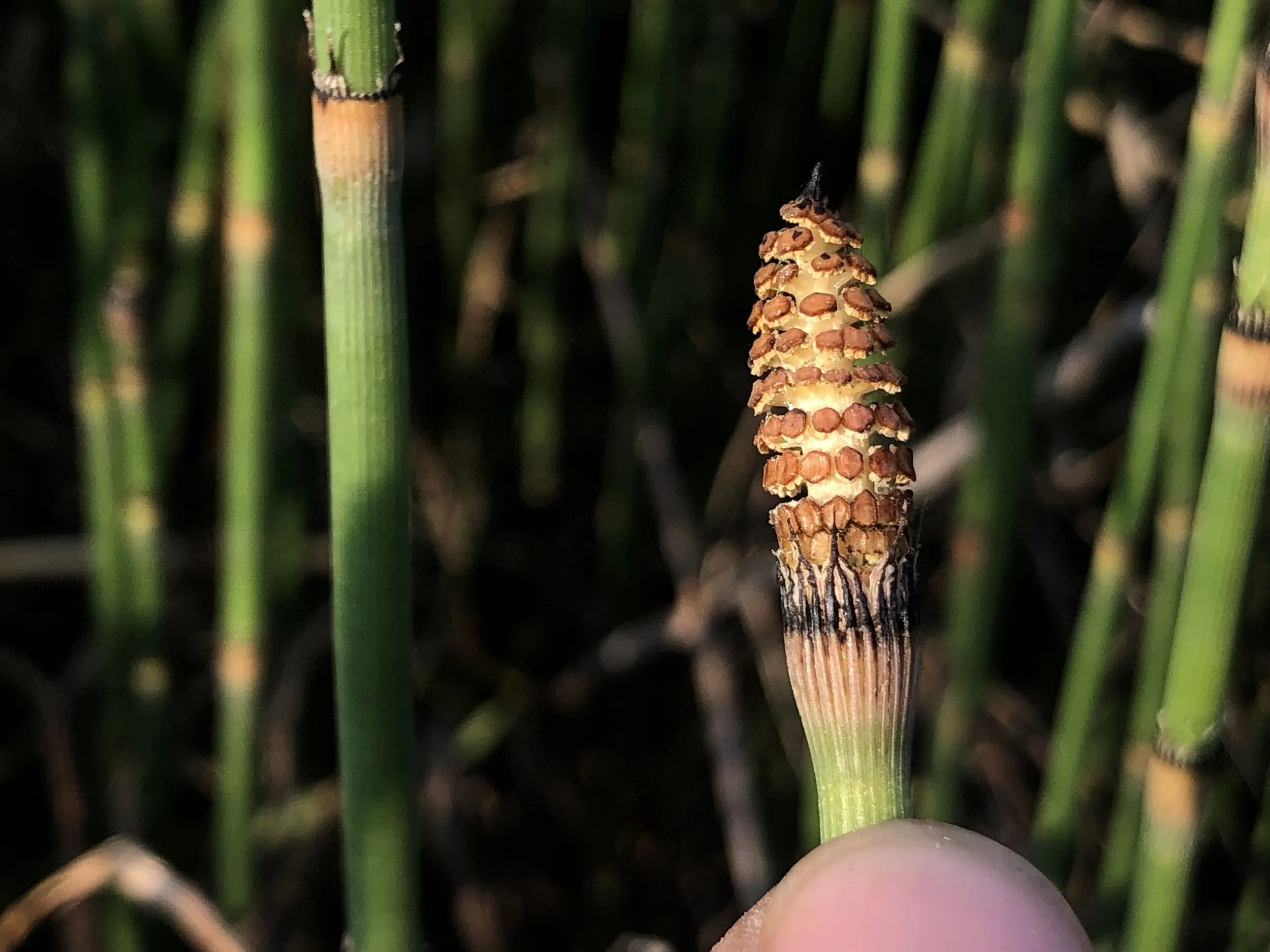
Ep. 270 : Rough Horsetail
Inspired by a fun workshop I got to host, along with such an amazing history of evolution though incredible cataclysmic epochs, chock full of climate upheaval, I really wanted to learn more about these amazing plants. Many of the Equisetum genera are now extinct yet there are about 9 species in my area, and of the species which persist in the area, I will be focusing mostly on Rough Horsetail.

Ep 269 : Listening to Grey Treefrogs
Grey Treefrogs are my favourite frog species at the moment. They are cute little colour changing, antifreeze laden, Lichen-Spirits who really belt it out when trying to find a date. I have been hearing them pretty much nightly lately, screaming their short trill all over nearly every wetland I encounter as long as it is fairly adjacent to trees. Because of their powerful calls permeating my late night waking life, I have been wanting to take a deeper dive.
Hope you enjoy!
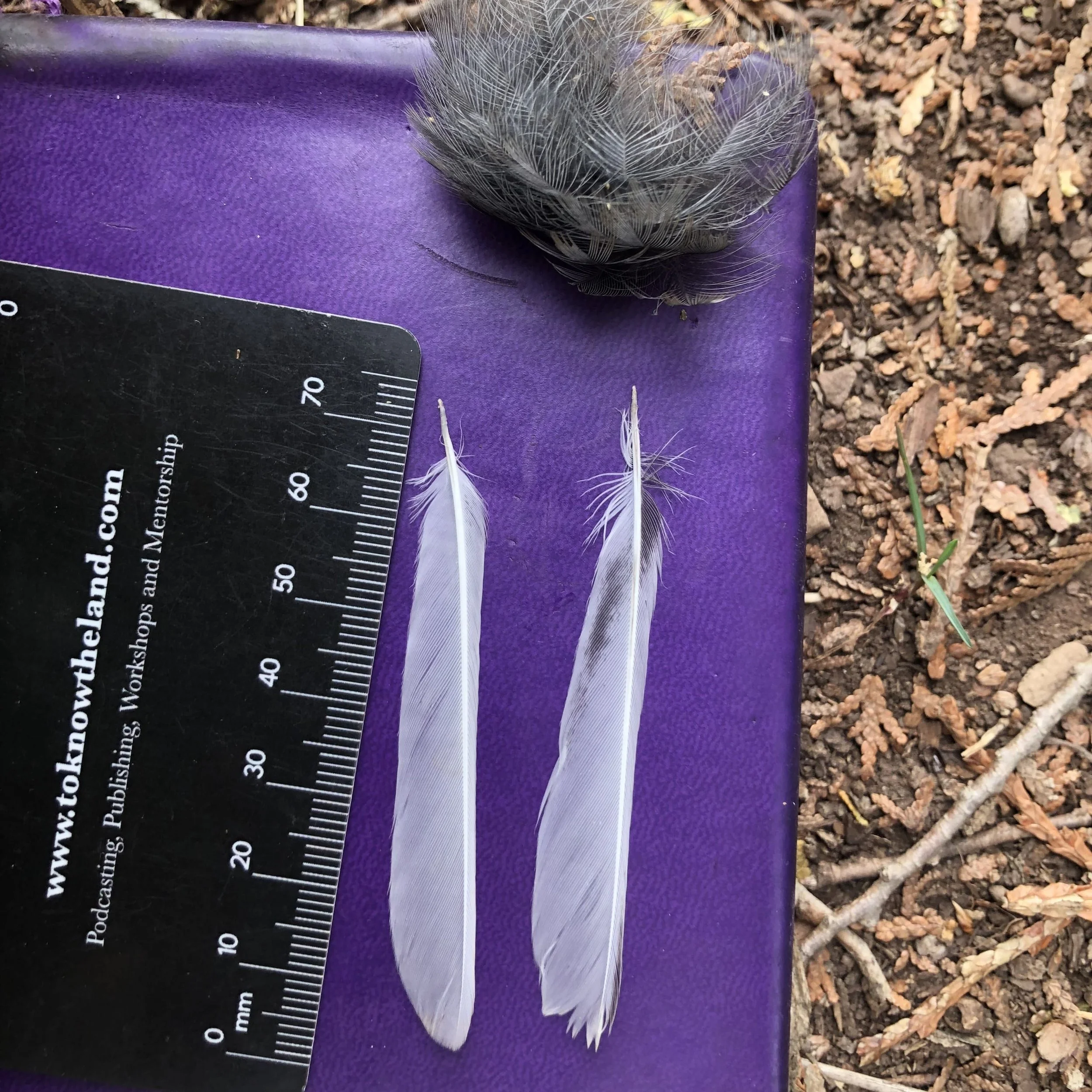
Ep. 268 : Do Deer Mice Eat Birds?
It started with a little hole at the base of an Eastern White Cedar tree, and a couple of seeds. Who had collected and consumed the contents of the seeds? What about the feathers? And the boney remnants of bill?
Join me as I go deep down a Deer Mouse hole.

Ep. 267 : Listening to the Spring Peepers
Eardrum bursting calls of the Spring Peepers are a very welcome sound for me. To borrow a phrase from Kim Stanley Robinson, their “cascading recombinant chaos” preaches a promise of Spring, and it fills me with immense joy. So much so, that when I first heard it this year I dragged my students across the road to listen to the frogs scream their little hearts out. I later went back, twice, to record them. Once on my own, another time with my partner to capture the wailing, and read a little bit about them so as to learn more. That’s all this show is about. Praise for the choir.

Ep. 266 : Getting to know Song Sparrows
I have been excited about Song Sparrows for a while. Theirs was one of the first complex songs I learned to identify, and being such a common neighbour on the landscape it’s hard to go a few days without hearing them, even in Winter, but especially in the Spring.
While out today, I came across a couple Song Sparrow tracks in the silt newly laid down by the receding Eramosa River flood waters and it pricked my interest to dig in a little deeper to this common figure in my life.

Ep. 265 : The Legs of the White-tailed Deer
I have found sign of three dead White-tailed Deer in the past three weeks. One, killed by Coyotes. Another, hit by a vehicle, found on the side of the highway. And also, I found a White-tailed Deer leg while trailing a Coyote. All of these encounters have been teaching me a lot about the legs of the deer and I wanted to look a little bit deeper into these moments, and to share the stories.
I go on to detail what I have been learning about the legs, especially in the context of the hind legs, about the glands located there. Of course, you can read the blog post, or you can learn a little bit more from listening to the show.
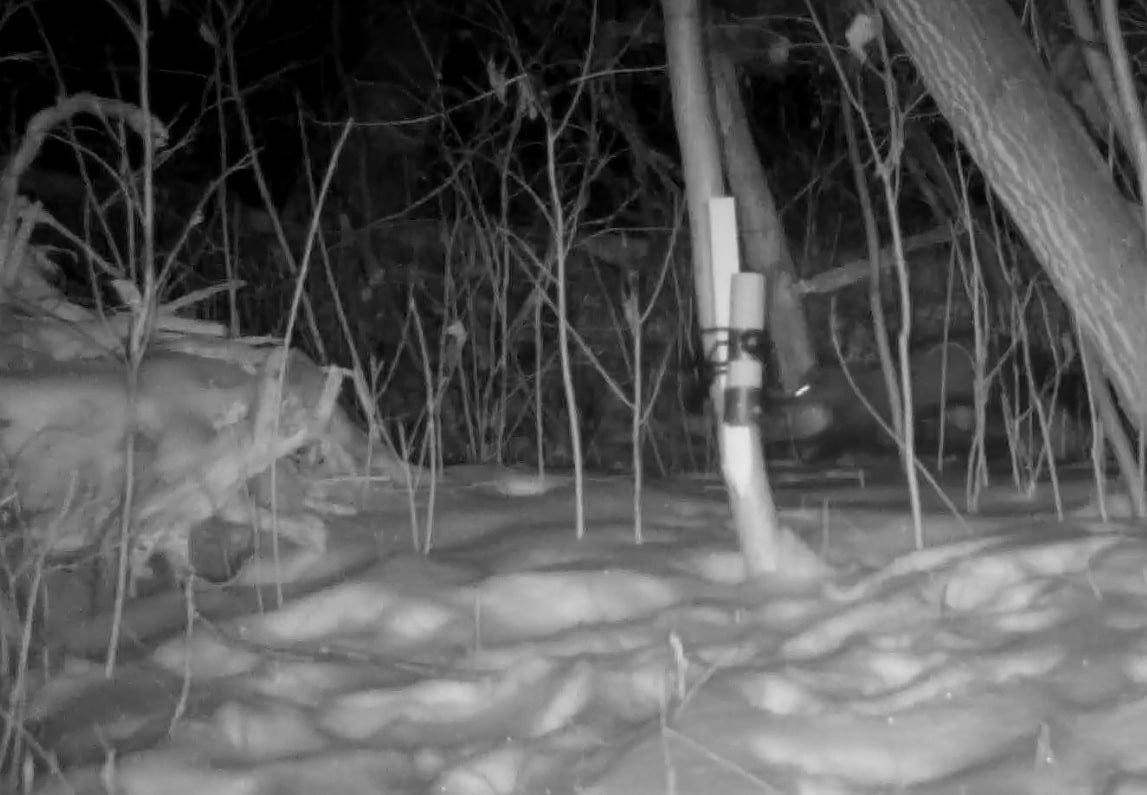
Ep. 264 : A Fisher in Edmonton with Sage Raymond
Fishers aren’t known as an urban adapted species. They tend to avoid our built up landscapes and prefer mature forests comprised of old trees with cavities and lots of course woody debris (think of big piles of dead branches and fallen logs). Because of this Fishers avoid our cities… or so we thought.
Sage Raymond is a researcher who studies urban adapted Coyotes in Edmonton. While out checking some trail cams intended to catch Coyotes on the landscape, she happened across a Fisher trail in the snow. Sage realized that this was a very unusual circumstance and wrote a paper about it. Thankfully, she agreed to talk about her findings on the show.

Ep. 263 : Winter Wildlife Tracking Trip in Algonquin Park, 2025
As I mentioned on the previous show about the Lynx trailing trip, I was planning on heading up to Algonquin Park to trail Moose, Algonquin Wolves, Martens, Snowshoe Hare, Flying Squirrels, and whomever else’s trails we may come across. Well, I went and it was great. So good that I wanted to offer a bit of a report back from the trip and tell some stories of what we saw.
This is the 24th year of this trip, and I am so grateful to get to not only be there, but to be helping lead the week. Kid me would be stoked… hell, adult me is still stoked!
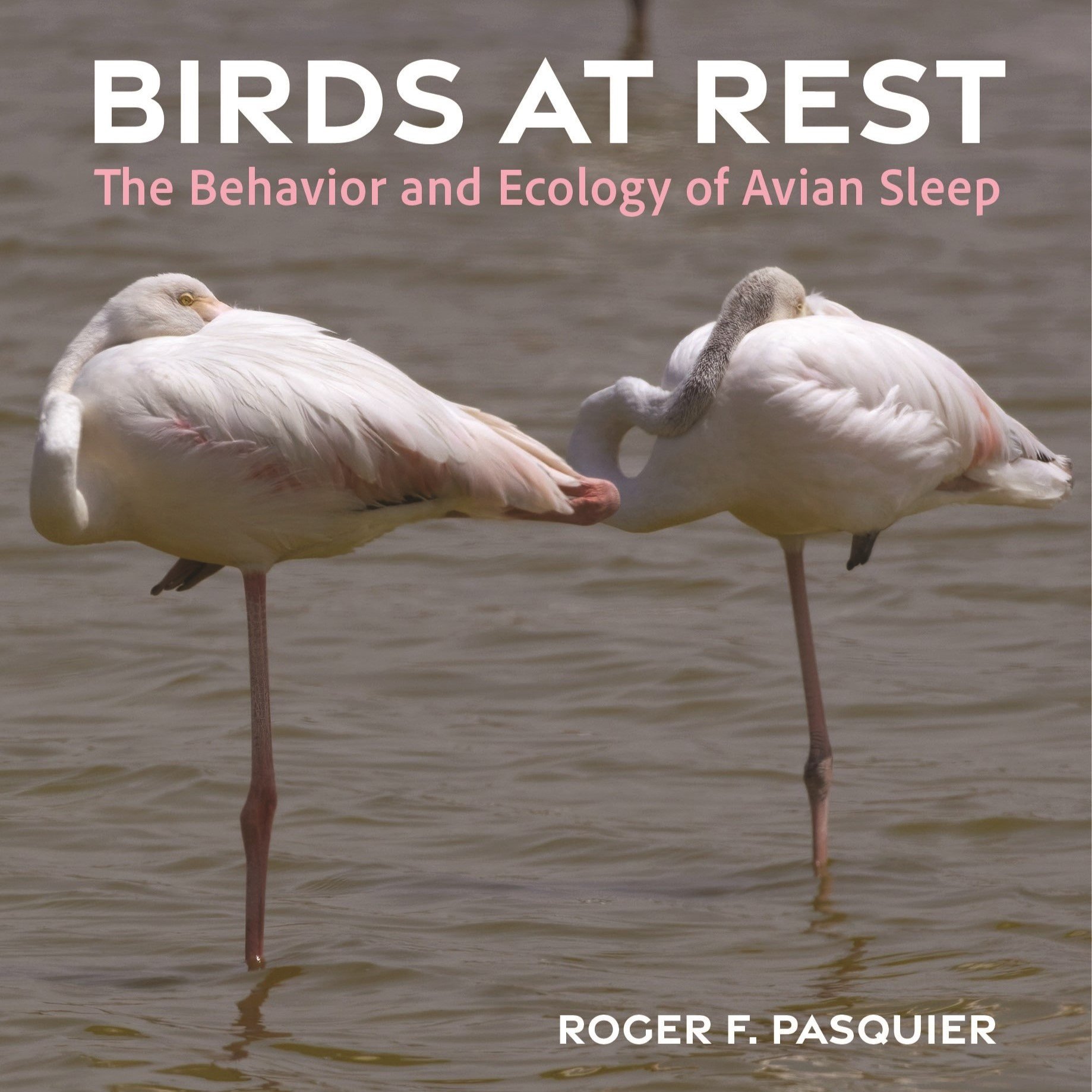
Ep. 262 : Birds at Rest with Roger Pasquier
I have had a lot of conversations with biologists and ornithologists over the years, trying to learn about how different animals sleep. Are the functions of sleep in humans similar to similar animals? What about different kinds of animals, like insects, or birds?
Does photoperiod change the amount of time birds sleep? How does the changing climate affect birds at rest? Do birds dream?
Roger Pasquier has taken the time to collect the information from a ton of various studies into avian rest and sleep and consolidated them into a useful and interesting book, and then taken the time to discuss some of this research on the show.
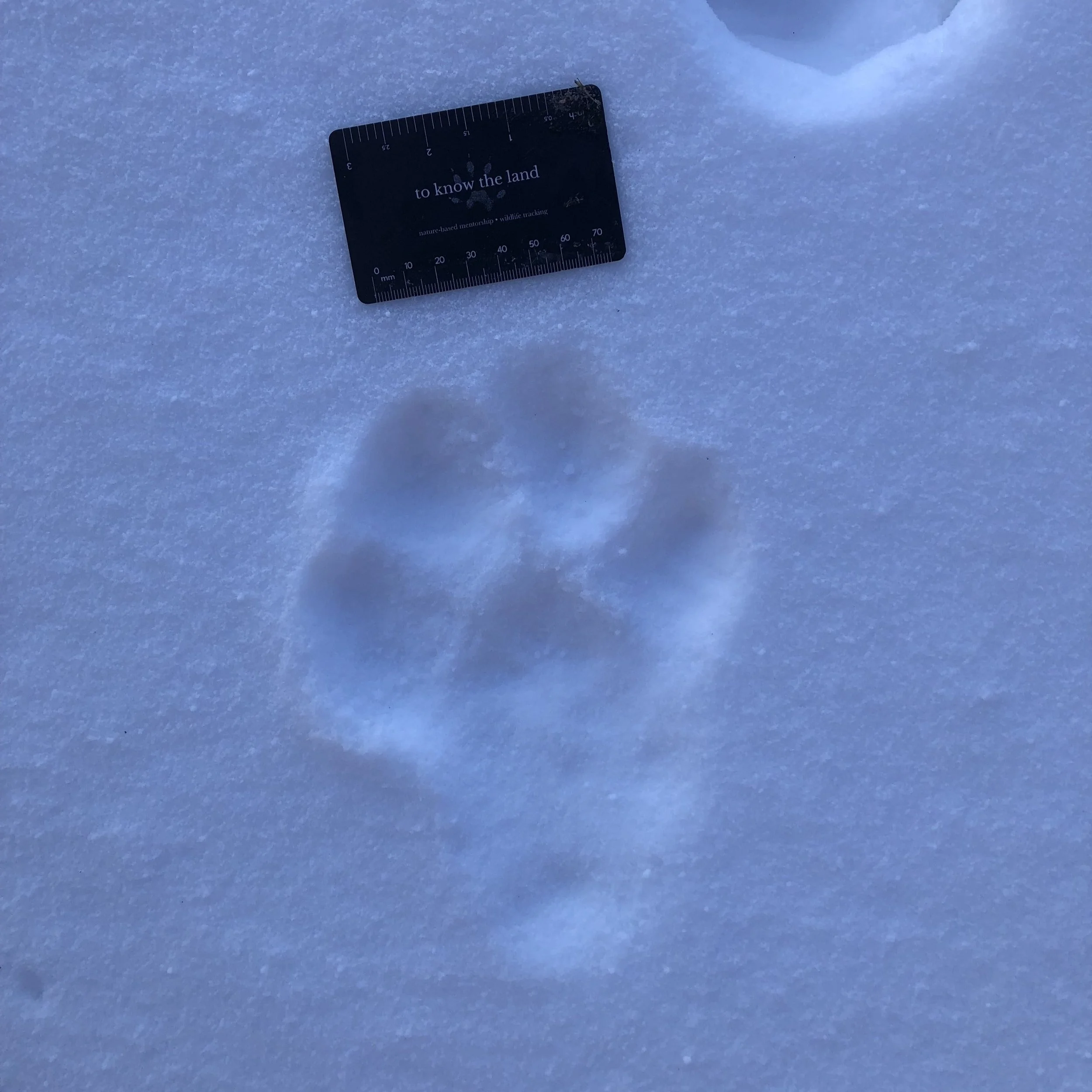
Ep. 261 : Trailing Lynx at Elk Lake
I just got home from an amazing week away trailing Lynx. It was an amazing time and I had a ton of fun. We trailed Lynx for days, as well as get on some trails of other animals. There are so many stories to tell and so much to integrate over the next few weeks, but I wanted to share some highlights of these weeklong tracking expeditions.

Other platforms where you can listen to the show :
As well as : Pocket casts : RadioPublic : ListenNotes : Podcast Republic


